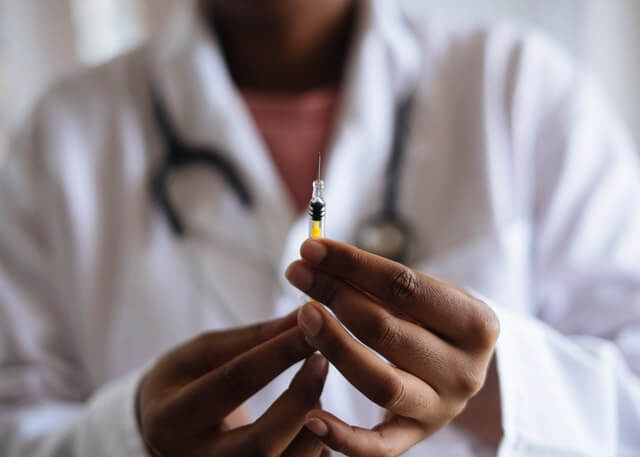Unregistered Medical Intervention and the Laws Pertaining to them in India
________________________________________________________________________________
This Blog is written by Akshat Srivastava from Amity Law School, Noida. Edited by Prakriti Dadsena.
________________________________________________________________________________
INTRODUCTION
Use of unregistered medical intervention refers to the use of medical procedures and drugs that have shown promising results in the laboratory and in animal models but have not yet been evaluated for safety and efficacy in human. Before 2014, use of unregistered medical intervention was not under the WHO guidelines; but after the Ebola virus disease outbreak in West Africa and the high case-fatality rate have prompted to drug research and development laboratories and medical institutions to accelerate the evaluation and development of investigational medical interventions and to try them to cure the patients and curb the epidemic.
World community felt the need of proper and clear-cut guidelines regarding unregistered medical intervention. Therefore, on August 2014, WHO convened a meeting to consider and assess the ethical implication of clinical decision making of use of medical interventions. The panel members concluded unanimously that the use of unregistered medical interventions would be acceptable both ethically as well as evidential grounds to use as potential treatment The outcome was formulation of laws pertaining to unregistered medical intervention in the world and also in India.
In this article we discuss about the significance of this development, impact, statutory provisions and case laws
SIGNIFICANCE OF THIS DEVELOPMENT
The use of unregistered medical intervention is very significant if the disease has a high case fatality and it is new to the world, as there is no drugs and medical procedures are available. The pandemics like Ebola and Covid 19 adversely effect the human health in general and also slow down the economic activities as evident during first and second wave of Covid 19 spread. During this period there was a huge demand of medical facilities and drugs that can cure the disease. This prompted the use of unregistered medical interventions which have promising results in laboratory tests and on animal models.
IMPACT
1) Ensured availability of drugs which have tested in the laboratory and on animal models and have given promising results.
2) Saved thousands of human lives.
GUIDELINES FOR THE USE OF UNREGISTERED MEDICAL INTERVENTION
1. If the outbreak of disease is complex, involving multiple locations, with much cross-border movement between communities and misconceptions about the origin of the disease, which render the international relief effort more difficult, then unregistered medical interventions can be considered.
2. Use of such interventions should be based on the best possible assessment of risk and benefit from the information available at a given time.
3. Investigational therapeutic options should not divert attention or resources from the public health measures that remain the main priority in outbreak control.
4. The unregistered interventions to be offered should have been demonstrated to be safe and efficacious effective in relevant animal models and in particular in non-human primates.
5. The extent of uncertainty about the safety and efficacy of the intervention in humans should be clearly acknowledged and transparently communicated to all stakeholders, especially to the patients and communities involved, to avoid fostering unfounded expectations.
6. The experimental therapy should have the necessary supportive treatment, to monitor and manage any side-effects and to monitor the progress of treatment, including, at a minimum, measuring when possible appropriate surrogate outcomes, such as disease and immune response markers.
7. This will be the moral obligation upon medical fraternity that appropriate scientifically useful data generated on clinical and other relevant outcomes resulting from use of these drugs should be collected and shared transparently and rapidly with the scientific community. The panel emphasized that this is a moral obligation.
8. When the unregistered product in question is used as a therapeutic agent, standard supportive care must be provided.
CONCLUSION
The unregistered medical intervention that has shown promising results in the laboratory and animal models but have not yet been evaluated for safety and efficacy in humans as potential treatment or prevention is ethically acceptable.
The provision of such interventions must be guided by ethical, scientific and pragmatic criteria. The ethical criteria include transparency about all aspects of care, so that the maximum information is obtained about the effects of the interventions, fairness, promotion of cosmopolitan solidarity, informed consent, freedom of choice, confidentiality, respect for the person, preservation of dignity, involvement of the community and risk–benefit assessment.
If unproven interventions are used to treat patients, those involved have a moral obligation to collect and share all the scientifically relevant data generated.
Researchers have a moral duty to evaluate these interventions (for treatment or prevention) in clinical trials that are of the best possible in order to establish the safety and efficacy of the interventions or to provide evidence to stop their use. Continuous evaluation should guide future interventions.

